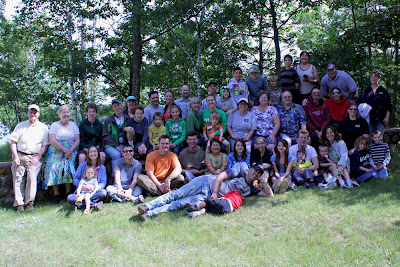Our experience of God is closely related to our experience of place. This may strike you as a "pagan" notion, but consider scripture. For example, in worship yesterday we read Psalm 48.
The first part of the psalm praises the LORD in God's city, noting both the geomorphology (it's a mountain), the location (the far north), and the function (a fortress and temple) of this city.
1Great is the LORD and greatly to be praised
in the city of our God.
His holy mountain, 2beautiful in elevation,
is the joy of all the earth,
Mount Zion, in the far north,
the city of the great King.
3Within its citadels God
has shown himself a sure defense.
The psalmist recounts how other kings fear this city which God establishes forever. The armies of the world cannot conquer the city of God!
4Then the kings assembled,
they came on together.
5As soon as they saw it, they were astounded;
they were in panic, they took to flight;
6trembling took hold of them there,
pains as of a woman in labor,
7as when an east wind shatters
the ships of Tarshish.
8As we have heard, so have we seen
in the city of the LORD of hosts,
in the city of our God,
which God establishes forever.
Selah
God is worshiped in the temple in this holy city!
9We ponder your steadfast love, O God,
in the midst of your temple.
10Your name, O God, like your praise,
reaches to the ends of the earth.
Your right hand is filled with victory.
11Let Mount Zion be glad,
let the towns of Judah rejoice
because of your judgments.
The psalmist urges us to walk around and admire this city that we might give witness to God to the next generation.
12Walk about Zion, go all around it,
count its towers,
13consider well its ramparts;
go through its citadels,
that you may tell the next generation
14that this is God,
our God forever and ever.
He will be our guide forever.
This psalm (and many others) point to a God who is deeply related to a particular place. The geomorphology, location, function, and holiness of this particular place point to God. The Bible affirms that our experience of God is closely related to our experience of place.










